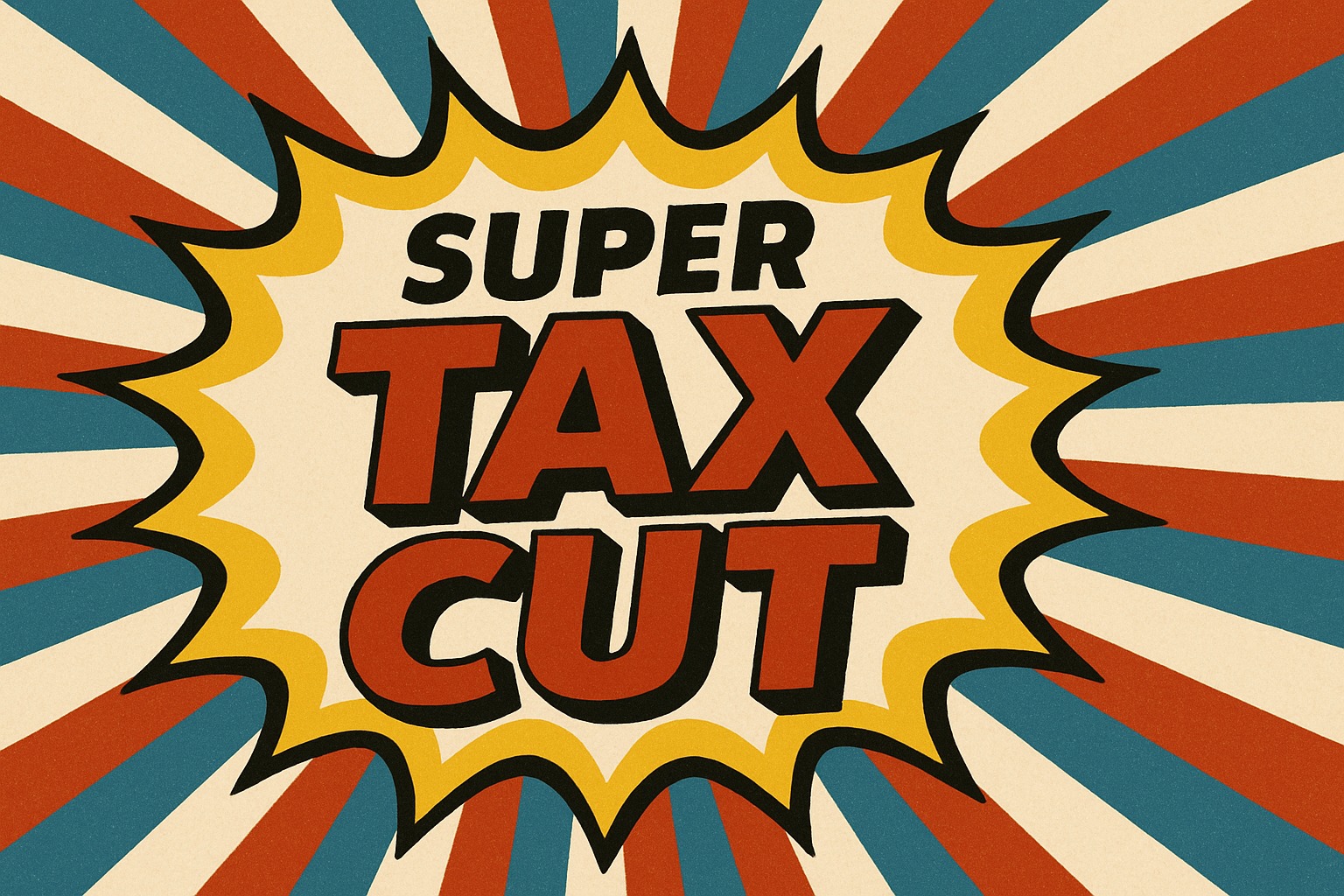With budget season around the corner, all eyes at the Pakistan Stock Exchange (PSX) are eagerly fixed on one question: Is the controversial Super Tax about to be scaled back—or even scrapped altogether? But first, what exactly is the Super Tax, what's all the buzz about, and why does it matter so much to investors and businesses alike? Let’s start.
Understanding the Super Tax: Origins, Structure, and Controversies
Super Tax is an additional levy introduced by the Pakistani government on high-income businesses and individuals, beyond the standard income tax. Initially introduced in 2015 for the rehabilitation of displaced persons, the Super Tax was reintroduced in 2022 to meet fiscal shortfalls, sparking controversy due to its retrospective nature. In 2023, the government streamlined it to a uniform 10% rate for affected sectors, aiming to address legal and fairness concerns. The Super Tax has faced criticism for its sudden, retrospective application, discriminatory sector-specific rates, and perceived adverse impact on investment and economic growth. Additionally, a lack of transparency regarding how collected funds are utilized has fueled further debate and legal challenges.
Industries Under Pressure: The Cost of Super Tax
The Super Tax hit Pakistani industries like a meteor—sudden, destructive, and deeply unsettling. Its impact wasn’t just financial; it triggered a long-lasting erosion of growth confidence and investment, eating away at the industrial backbone of the economy. Banking, oil and gas, cement, steel, fertilizer, and textile sectors are among the hardest hit, suffering squeezed margins and diminished investor confidence. Yet, not all hope is lost—a faint glimmer remains in the form of the upcoming 2025-26 federal budget. The government is contemplating reducing the tax from 10% to 8%, aiming to alleviate some of the financial burdens on corporations.
How the PSX Could React to a Super Tax Cut
For investors closely watching the PSX, a tax rate cut could act as a major catalyst. It would boost earnings for numerous listed companies, particularly high-profit firms such as Oil & Gas Development Company Limited, Meezan Bank Limited, United Bank Limited, Fauji Fertilizer Company Limited, and many others. These improvements could collectively enhance investor sentiment and lead to revaluations of key sector stocks. Key beneficiaries are expected to include banks, energy, cement, and manufacturing-related sectors, while tech and healthcare may see limited direct impact. Historically, markets have been highly sensitive to taxation policies—as witnessed in June 2022 when the market collapsed by 2,000 points on the day the Super Tax was announced. Conversely, tax cuts have historically led to short-term rallies and improved market sentiment.
Investors' Outlook
Investors should closely monitor the upcoming budget, particularly developments related to a potential Super Tax cut. Moreover, they should watch for updated analyst reports, revised earnings forecasts, and shifts in institutional investor sentiment. Additionally, attention should be paid to any IMF statements, as deviations in fiscal targets could force the government to reverse or delay proposed tax relief.
Conclusion
A Super Tax cut could signal a significant policy shift—from squeezing profits to supporting growth. It has the potential to revive investor confidence, spark reinvestment, and fuel a PSX rebound. However, the lasting impact will depend on policy consistency. For investors, this might be a breakout moment—if meaningful reforms follow.
Market outcomes will ultimately hinge not only on tax policy but also on broader economic conditions and global sentiment—reinforcing the need for a cautious, well-diversified approach. There's always the risk that final budget decisions might not align with market expectations—making it essential for investors to remain cautious, diversified, and prepared for volatility.
Disclaimer: This content is for educational and informational purposes only. It should not be considered financial or investment advice. Always do your own research or consult with a licensed financial professional before making any investment decisions.





